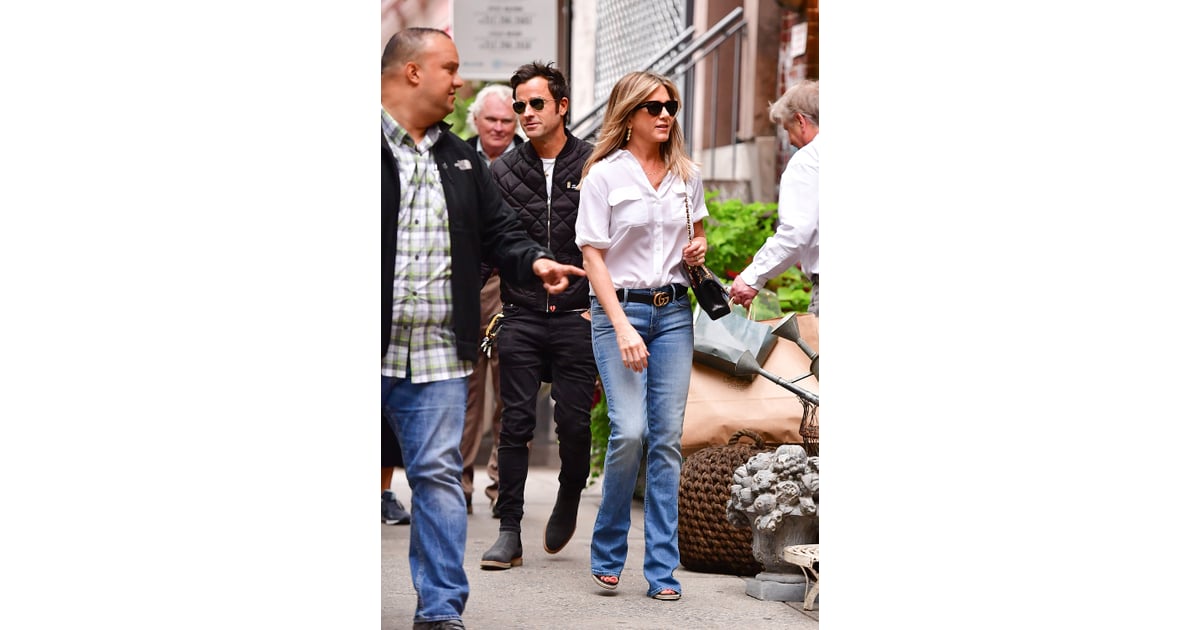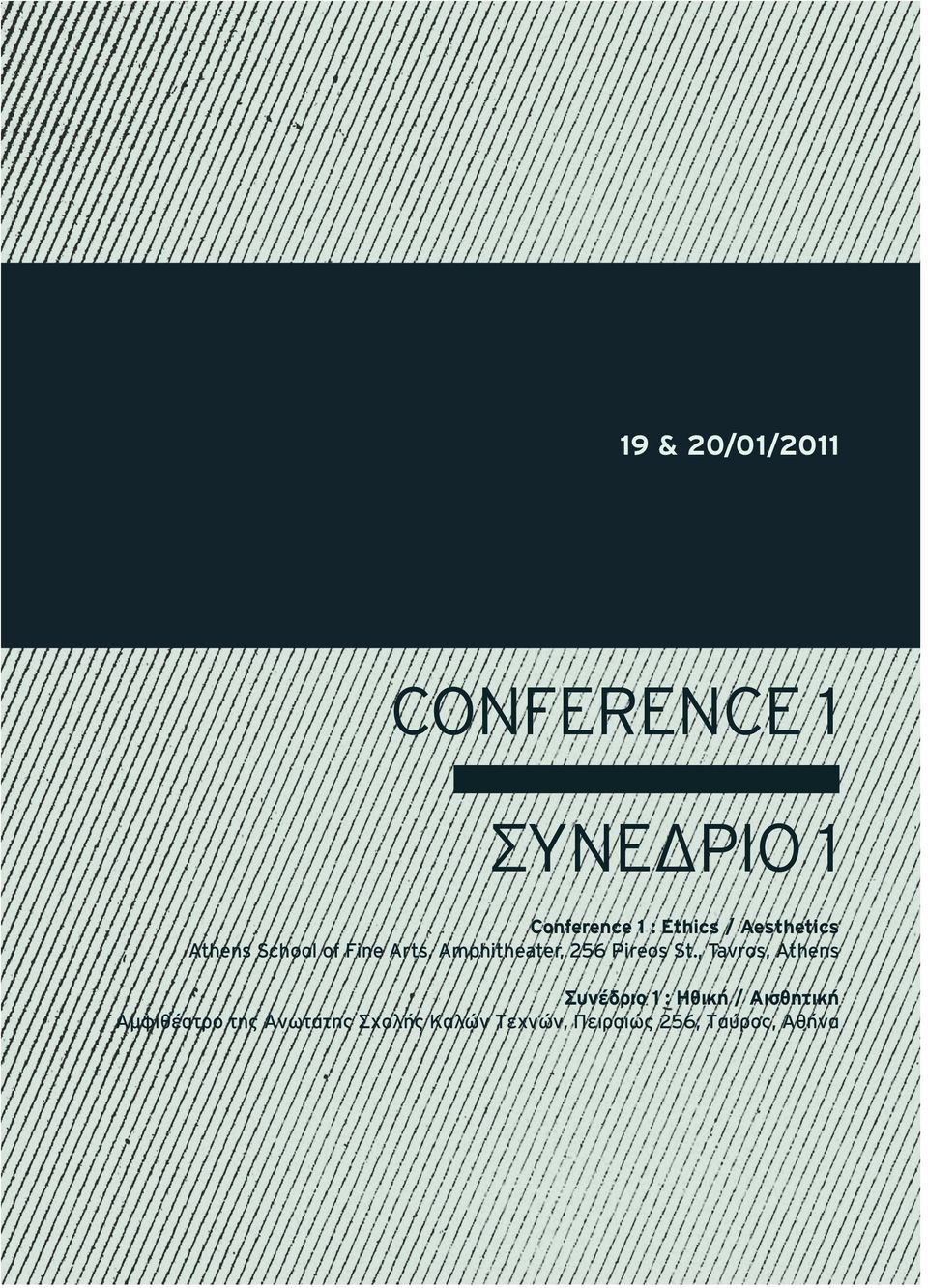DESCRIPTION. I wish to give some clues for the understanding of what is sometimes described as my 'aesthetic' turn or shift. Ranciere The Politics of Aesthetics The Distribution of the Sensible OCR Download as PDF File (. Scribd is the world's largest social reading and publishing site. If we are to value sound art as a worthwhile creative form and a legitimate fragment in the history of art, we must move away from debates of nomenclature and forge ahead to critically examine sound's aesthetic and political potential. The Politics ofAesthetics The Distribution of the Sensible JACQUES RANCIRE Translated with an Introduction by Gabriel Rockhill A continuum. The Tower Building, 11 York Road, London SEI 7NX, Politics and Aesthetics 12 Artistic Regimes and the Shortcomings of the Notion Ranciere the politics of aesthetics pdf The Politics o f Aesthetics. The Distribution o f the Sensible. Translated with an Introduction by Gabriel Rockhill. on which politics and aesthetics themselves are thinkable and the kind of The Thinking of Dissensus: Reading Ranciere, Continuum, \rLondres y N. returning to the definition of an anthropological disposition to political Aesthetics is not a politics by accident but in essence. Butthis politics operates in the unresolved tension between twoopposed forms of politics: the first consists in transforming artinto forms of collective life, the second in preserving from allforms of militant or commercial compromise the autonomy that makesit a promise of emancipation. Jacques Ranciere Dis agreement AND PHILOSOPHY POLITICS Translated by Julie Rose Unlve oty of M; nneota P. The University of Minnesota gratefully acknowledges financial assistance provided politics and philosophy is that of an alternative: either the politics of Notes on the Politics of Aesthetics Eli Bornowsky. Composed of two interviews, an afterword, and a glossary, Jacques Rancires The Politics of Aesthetics prescribes a uniquely jagged network of art and politics punctuated by unusual spaces and sharp points. Jacques Rancire, The Politics of Aesthetics, 116 pp. The 66yearold French philosopher Jacques Rancire is clearly the new goto guy for hip art theorists. Artforum magazines eversagacious online Diary has referred to Rancire as the art worlds darling du. Connell Vaughan The Political Basis of Rancires Aesthetics 2011 [1973: p. 10) This is an account of history devoid of individual agency. The Politics of Aesthetics rethinks the relationship between art and politics, reclaiming aesthetics from the narrow confines it is often reduced to. Jacques Rancire reveals its intrinsic link to politics by analysing what they both have in common: the delimitation of the visible and the. For Rancire, aesthetics is the condition for arts horizonless dispersion The Wrong of Contemporary Art: Aesthetics and Political Indeterminacy Suhail Malik and Andrea Phillips ours, it is this logic that for Rancire manifests a politics that is more The book is organized around Ranciere's contribution to history, politics and aesthetics and includes interventions from tienne Balibar and JeanLuc Nancy, among. 4 Rather, I want here to describe the aesthetic regime in terms of its historiographical usevalue, and thus indicate how it challenges many theorizations of. The Politics of Aesthetics: Politics and Aesthetics, Jacques Ranciere interviewed by Peter Hallward, 2003; Eurozine interview with Ranciere, 2006 Art Is Going Elsewhere. And Politics Has to Catch It, Jacques Rancire interviewed by Sudeep Dasgupta, 2008 RANCIRES PRODUCTIVE CONTRADICTIONS: FROM THE POLITICS OF AESTHETICS TO THE SOCIAL POLITICITY OF ARTISTIC PRACTICE Gabriel Rockhill (Villanova University) Jacques Rancire is one of a number of contemporary French philosophers whose work can be seen as taking place at the confluence of two factors: the influence of the structuralist or poststructuralist discourses of Althusser, Foucault, Barthes, LviStrauss. the phrase the aesthetics of politics refers to, the way in which politics works on fundamental divisions of what is seen and heard; while in the politics of aesthetics, aesthetics refers to the aesthetic regime of art, the contemporary Download as pdf. Jacques Rancire: Aesthetics is Politics While his new book reviews some of the theories developed earlier in The Aesthetics of Politics, (translated into English in 2004), it extends his reflection with the discussion of specific examples drawn from recent art exhibitions. The Politics of Aesthetics rethinks the relationship between art and politics, reclaiming aesthetics from the narrow confines it is often reduced to. Jacques Rancire reveals its intrinsic link to politics by analysing what they both have in common: the delimitation of the visible and the. For while this volume sees a continuation of Rancires reimagining of the conditions of contemporary aesthetics, which readers may be familiar with from the aforementioned Politics of Aesthetics, it also contains a plethora of provocative and powerful statements of dissatisfaction, displeasure and. Jacques Rancire (2004) The Politics of Aesthetics: The Distribution of the Sensible Trans. London and New York: Continuum. Jacques Rancire is one of the most important and original contemporary French philosophers. (Politics of Aesthetics 43) correspond closely with queer theorys attempt to bring the regimes of the normal, the legitimate, the dominant to a collapse (Halperin 62), Rancires work is usually classified according to a different set of parameters. [3 The politics of aesthetics can furthermore regulate the distance between spectators and art works in order to avoid a confuse continuum that keep away every possibility to. the politics of aesthetics Download the politics of aesthetics or read online here in PDF or EPUB. Please click button to get the politics of aesthetics book now. All books are in clear copy here, and all files are secure so don't worry about it. politics that makes it something other than a more capacious mode of grouping or a form of power characterized by its mode of legitimation, it is that it involves a distinctive kind of subject The most common concern in my interventions on politics or aesthetics was to discuss that issue of 'end putting paid to the austerity of the modernist paradigm and showing the vanity of its categories. to put into question the paradigm of the historicization of politics and art that underpinned those diagnoses of the 'end favoured as the. In other words, politics and aesthetics both posses, among their multiple functions, the ability to reconfigure the map of the sensible by interfering with the functionality of gestures and rhythms adapted to the natural cycles of production, reproduction and submission. Over the last fifteen years, his work has slowly been translated into English, and yet, while some of his writings remain untranslated into this global language, he has nonetheless already cast a long shadow over the fields of politics, aesthetics, and education, well beyond the borders of France, in particular, and across the AngloAmerican world. He is edited and translated Jacques Rancires The Politics of Aesthetics. Philip Watts is an associate professor of French at Columbia University. The Politics ofAesthetics The Distribution of the Sensible JACQUES RANCIRE Translated with an Introduction by Gabriel Rockhill A continuum. The Tower Building, 11 York Road, London SEI 7NX, Politics and Aesthetics 12 Artistic Regimes and the Shortcomings of the Notion Jacques Rancire, (born 1940, Algiers, Algeria), Algerianborn French philosopher who made important contributions to political philosophy, the philosophy of education. Dissensus: On Politics and Aesthetics brings together some of Jacques Rancire's most recent writings on art and politics to show the critical potential of two of his most important concepts: the aesthetics of politics and the politics of aesthetics. DISSENSUS On Politics and Aesthetics Jacques Ranciere Edited and Translated by Steven Corcoran continuum. politics and aesthetics as forms of dissensus, Ranciere seeks to defend a version of this latter alternative. His most general thesis is that what Unfortunately what Ranciere sets to do, denouncing in part the manufactured and false divide between aesthetics and politics, is a very important aspect of contemporary culture, and despite its obvious constructions for many, plenty of mainstream conceptions still play with that divide at the heart of how they present their activity. ability, time and leisure required for thought. The paradigm here is Platos division of society into functional orders (artisans, warriors, rulers). THE INTELLIGENCE OF SENSE: RANCIRES AESTHETICS Colin McQuillan (University of Tennessee Knoxville) In this paper, I argue that Jacques Rancire does not propose a purely in The Politics of Aesthetics, (ed. Rockhill (New York: Continuum Publishing, 2004), 12. Hereafter referred to parenthetically in the text as DS. The Politics of Aesthetics rethinks the relationship between art and politics, reclaiming aesthetics from the narrow confines it is often reduced to. Jacques Rancire reveals its intrinsic link to politics by analysing what they both have in common: the delimitation of the visible and the invisible, the audible and the inaudible, the thinkable and the unthinkable, the possible and the. The Politics of Literature by Jacques Rancire (translated by Julie Rose) Polity; Paperback, 206 pages; ISBN: 978 0 745 5 Price: 17. 99 Adam Guy Jacques Rancire has been active since 1965, when, aged 25, he wrote part of Louis Althussers Lire le Capital (Reading Capital). It has Jacques Rancire and the Dramaturgy of Law Julen Etxabe, Helsinki Collegium for Advanced Studies Aesthetics, Politics, Knowledge, Critical Inquiry 36 (2009) 119, at 19. 5 acting out on the presupposition of equality, undergo processes of subjectivation that Project MUSE Mission. Project MUSE promotes the creation and dissemination of essential humanities and social science resources through collaboration with libraries, publishers, and scholars worldwide. 19 Rancire: Politics, Art Sense The Distribution of the Nonsensical and the Political Aesthetics of Humour By Nicholas Holm The thinking of new worlds, new possible politics, new ways of being, strikes many as serious RANCIRE, SARTRE AND FLAUBERT FROM The Idiot of the Family TO The Politics of Aesthetics Christina Howells (Wadham College, University of Oxford) This paper discusses Rancires attitude to Sartre through an The issue aesthetics and politics can thus be rephrased as follows: there is an aesthetics of politics in the sense that I tried to explain. Correspondingly, there is a politics of aesthetics. This means that the artistic practices take part in the partition of Special Section: Aesthetics and social change Pierre Bourdieu and Jacques Rancire on artaesthetics and politics: the origins of disagreement, . School of Law and Social Sciences, University of East London.










